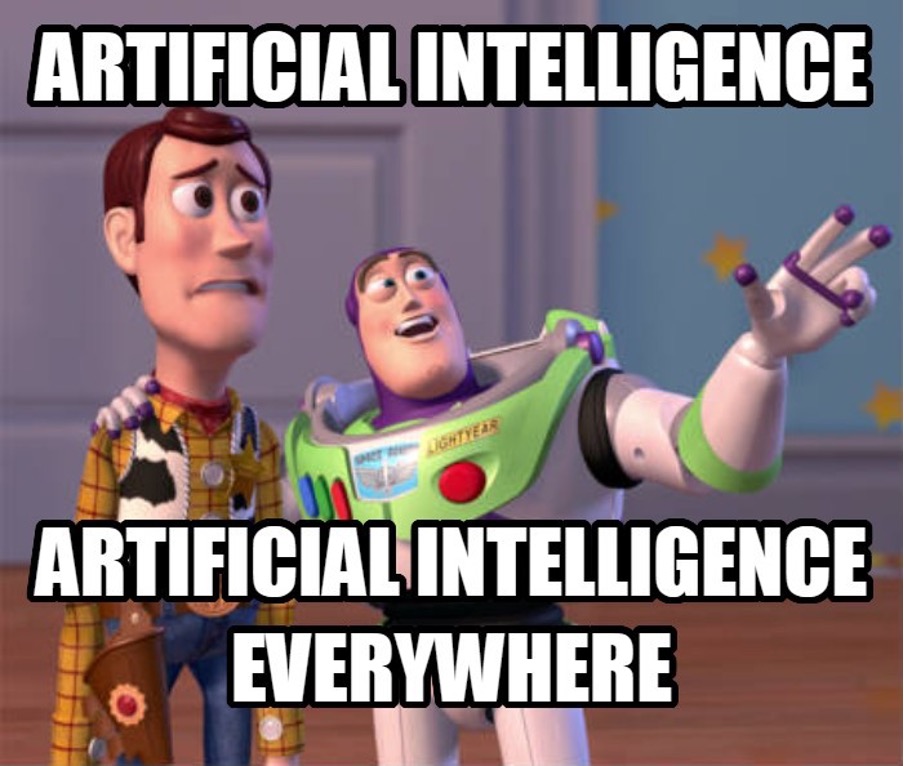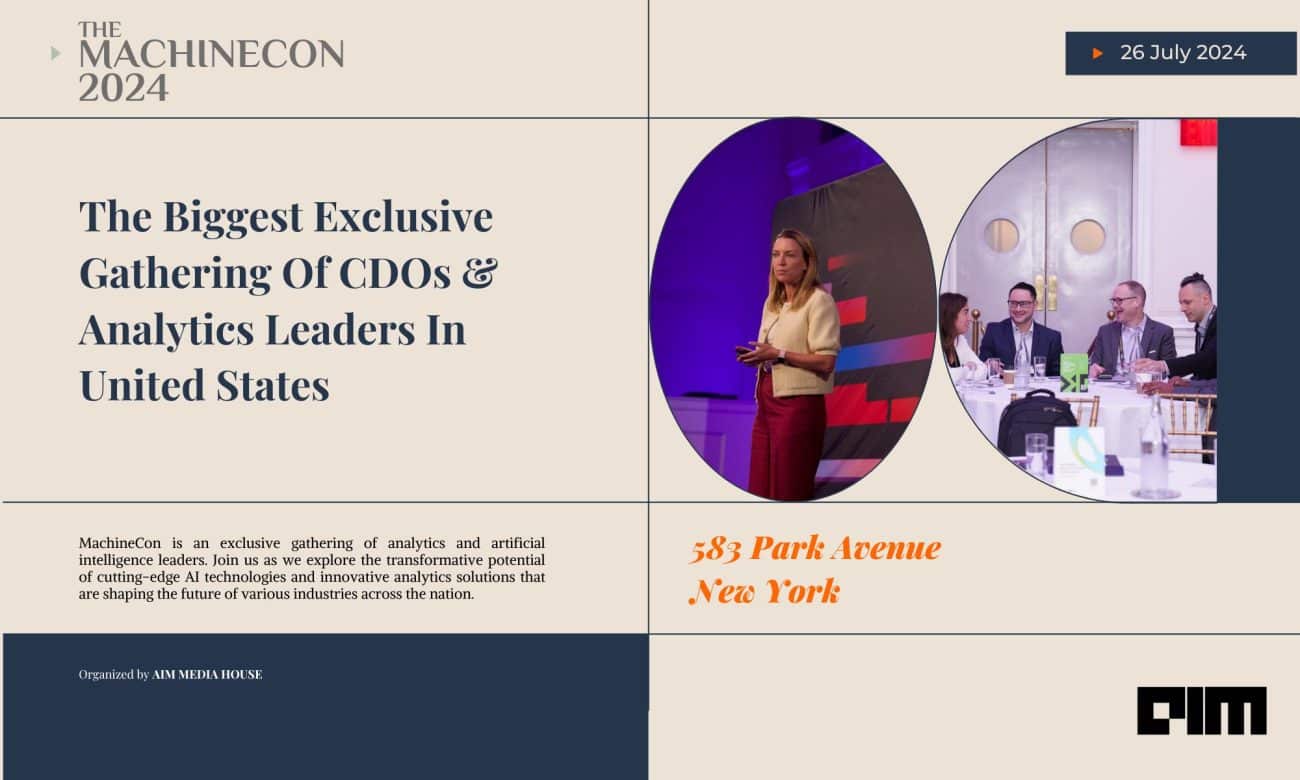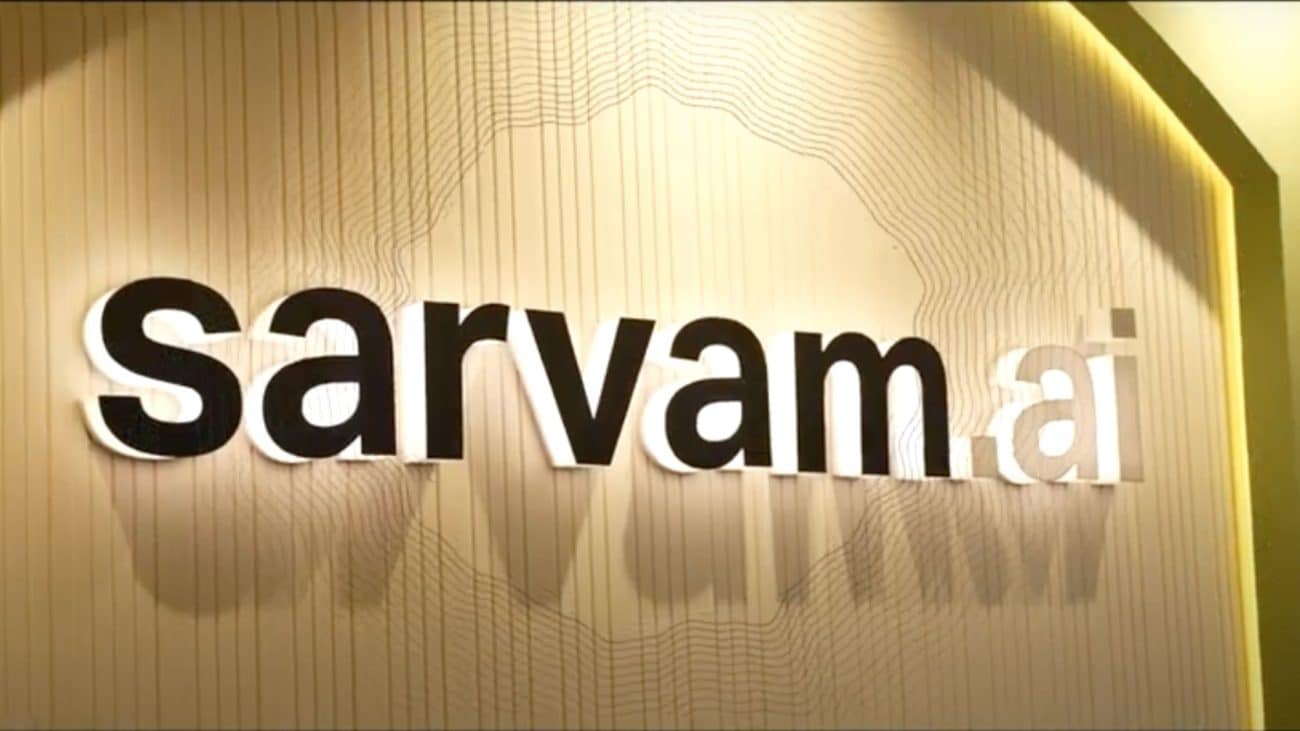|
Listen to this story
|
In 2010, web developers and designers Dan Tocchini, Brian Axe, Leigh Taylor, and Henri Bergius set out to build perhaps the world’s first AI-based site builder. Just one and a half years later, Facebook offered USD 10-15 million to acquire The Grid– though they had no commercial product. In 2014, the team launched a crowdfunding campaign to raise USD 70,000.
“We’ve spent the last few years building a form of artificial intelligence that functions like your own personal graphic designer, able to think about your brand and present it in the best way possible,” said Dan, CEO and co-founder of The Grid. “The design adapts to your content, not the other way around.”
For a brief moment, all was well. The team was gearing up for a Spring launch in 2015 after raising USD 4.6 million in Series A.
But when the time came, only 100 of the 50,000+ backers from the crowdfunding got access to a Beta product. A year later, the company launched the final product and chaos ensued.
“AI is definitely over-hyped. Don’t buy into it or fall for it. AI is the cure-all tonic of the 21st century. It solves everything or could kill everything. At least that’s what science fiction would lead you to believe. Like the cure-all tonics of the early 20th century, AI won’t solve every problem or come close any time soon,” said Josh Greig, software developer at Next Healthcare Technologies.
“Elon Musk is quite brilliant but overestimates the speed and quality of software Tesla can produce for autonomous driving. Tesla has frequent delays and fatal car accidents related to its Autopilot technology as a result of this wishful thinking and rushed deployment. The hype pushes advertisers to use “AI” whenever anything software-related is used to solve a problem now,” he added.
Hyped much?
As per IDC’s latest reports, the global AI market is expected to cross the USD 500 billion mark in 2023. “AI, over the past few years, has become a critical addition for enterprise toolkits. Across industry surveys, and from our own experience, we are noticing that companies are reporting benefits of AI adoption on their bottom line. While researchers and many companies are experimenting with some exciting technologies, enterprise software is certainly among the most successful use cases for proving the utility of AI technologies,” said Onnivation’s founder & CEO Saket Agarwal.
According to Bert Labs’ Executive Chairman and CEO Rohit Kochar, AI is a general-purpose technology– just like electricity–reshaping the future.
“Currently, machines are intelligent enough to replace some mundane tasks, and automate some level of data processing and recognition. But they aren’t intelligent enough to make business decisions. So far, commercially available tech in the market provides machines (AI) that are able to process large amounts of data and identify and sort them, but aren’t capable of providing actionable insights,” said Dinesh Varadharaj, CPO, Kissflow Inc.
How Artificial Intelligence Works#MachineLearning #AI #Python #100DaysOfCode #programming pic.twitter.com/UL9mL65Gm3
— Insane (@TheInsaneApp) December 8, 2021
Yet, Saket believes most enterprise software is not truly AI. “A bulk of the enterprise software using AI focuses on optimising workflows and reducing redundancies in operations. The technologies that make this automation, autonomy, and optimisation possible are themselves quite diverse, such as machine learning, deep learning etc. AI is the superset of these technologies and is thus used as an umbrella term. For the purposes of simplifying the nomenclatures, and conveying the fact of automation and efficiency, many entities use AI as an umbrella term,” he said.
Buzzwords
As per Sumit Chanda, founder and CEO of JARVIS Invest, most of the enterprise solutions referred to as AI are machine learning algorithms. “A software cannot be an AI unless it is able to replace the thinking pattern and decision-making capabilities of a human brain. This definitely involves advanced deep learning, reinforcement models and neural network models. Any AI-based service entails complex data structuring and analysis and often predictive models. However, sometimes these are also used as buzzwords where simple machine learning models are tagged as Artificial Intelligence, diminishing the true value of AI. A true sense AI engine is worth a hype however, generalising AI makes it overhyped sometimes,” he said.

Data Sutram’s co-founder & CTO Aisik Paul said it’s time we ask ourselves a couple of basic questions: Is this enterprise solution really artificially intelligent? Does this solution need artificial intelligence? “There has to be substantial governance and learning evolution built around AI & ML to benchmark and audit these solutions, so lesser enterprises fall trap to marketing gimmicks,” he said.
Machine learning is critical to model patterns in extremely large data sets. Most AI products are generalised services that cater to a specific problem in machine learning like forecasting, recommendation, classification etc.
“I see the crux of the problem less as overhyping AI but more as underestimating the enterprise complexities and the path to integrating AI effectively. Vertically aligned capabilities are more likely to build more integrated AI solutions than horizontal capabilities that are domain agnostic,” said Ebenezer Bardhan, Director, Data Science in AI&D, Verizon India.
AI washing
The buzz around AI has made it a desirable label. “AI washing is more of a marketing strategy. Marketers have always tried to project a larger-than-life image of their products/services. The prudent buyer is expected to do the necessary evaluation along the lines of requirement vs provision. Vendors say their software is intelligent, although there are cases where extensive rule-based products are sold. Such products appear to be intelligent in a narrow band. I would say the customer needs to focus on whether a given product/service solves the problem faced by the customer. There is no real need to get into the technicalities of the solution. The definitions of AI are still evolving, I am sure these will keep changing,” said Anil Vaidya, Professor, Information Management at Bhavan’s SPJIMR.

“One consequence that comes to mind is an unfortunate dilution of the market perception about this wonderful technology (AI). This in turn would cause difficulty for the genuine AI-based software providers to obtain value for their product (somewhat like the way asymmetric information in the used car market drives the value of good used cars down as the consumer can’t adequately differentiate between good and bad ones), which in turn may lead to some of the good ones getting out of the market in the extreme scenario. On the other hand, the customers facing a choice between cheap mis-labelled solutions and relatively costlier genuine ones may be inclined to select the cheaper one and end up having a sub-par experience/outcome. Now, in a scenario where the mis-branded ones don’t come significantly cheaper, the customer would still face a confusing choice set with very little information to make a decision and may happen to select a mis-labelled one,” said Tejamoy Ghosh, Head, Data Science and AI, Aye Finance.

“Many in the market do not know the application of AI and, as a consequence, end up buying such enterprise software based on the marketing and branding of the product. Another impact is having a white elephant not knowing what to do with the application and end up using human efforts to manage the enterprise software applications,” said Anjan Lahiri, Co-founder & CEO, Navikenz.
Don’t buy into the hype
Customers should exercise caution while buying products and services that claim to use AI. For B2B customers, Saket recommends a checklist:
- Experience
Make sure the vendor has employees who are experienced and educated in AI and deep learning. The team should ideally have data scientists, mathematicians, architects, and engineers.
- Data
Ensure the company has huge volumes of data from various sources to create the AI models. There should be volumes, variety, velocity, and veracity in the data they have used to create the models.
- Security
With stricter data privacy laws, it’s important to have a secure infrastructure meeting all compliances. The companies need an experienced DevOps team that can stitch together the various technologies needed to make an AI system work, as well as grant the right access to data scientists.
Finally, AI vendors must heed to what Gartner recently recommended: “Use the term ‘AI’ wisely in your sales and marketing materials,” and “be clear about what differentiates your AI offering and what problem it solves.”









































